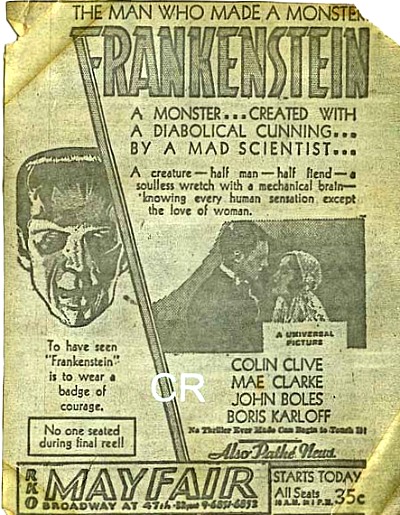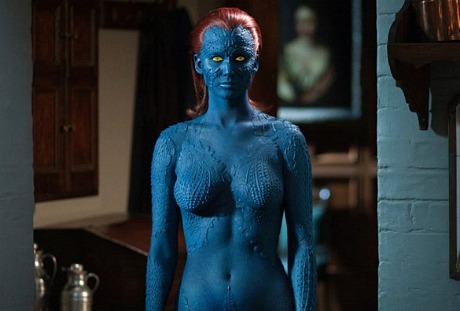I knew five minutes into Mike Mills‘ Beginners (Focus Features, opening today) that it was more than just a slightly cutesy-poo “dealing with my newly declared gay dad who has a non-verbal talking dog” movie that the trailers have been selling. Marketing execs! If there’s any way they can persuade you that a rich and well-sauced meal is a candy bar, they will.
And they succeeded! Before seeing Beginners they had me thinking that a surprisingly mature, time-shifting, patchwork-quilt film with a gently probing nature and off-kilter moods would be a banal straightforward thing — a sitcom. Thanks, guys. What would the movie business be without you?
Okay, Beginners is a little twee anyway despite being all those things. But it really surprised me, pleasantly, by having so much more up its sleeve than just wanting to gently charm and cajole. I really hate movies that try to offer a gentle whimsical study about nice people being likable and caring, etc. Beginners, thank fortune, isn’t one of these. Yes, it can seem a bit too poised and even calculatingly kind-hearted from time to time, but more often that not it’s closer to affecting than affected.
Based on Mills’ own story and focusing on his stand-in, a moderately youngish illustrator type (Ewan McGregor), Beginners is in no hurry to grab you. It weaves its way into things, taking a kind of shuffling sideways route. It isn’t so much about a son dealing with a recently “out” gay dad (Christopher Plummer ) who’s half-fumbling his way into a new realm after the death of his wife as it is about McGregor’s relationship with a wonderfully relaxed and self-aware new girlfriend (Melanie Laurent).
Or it was, rather, at the point I had to leave, which was about the 60-minute mark. I had to catch a 9 pm showing of X-Men: First Class. But I’ll be seeing the second half in Santa Barbara tomorrow afternoon, and then an after-party for Mills at the home of Roger Durling, head of the Santa Barbara Film Festival.
But I know quality goods when I run into them.




